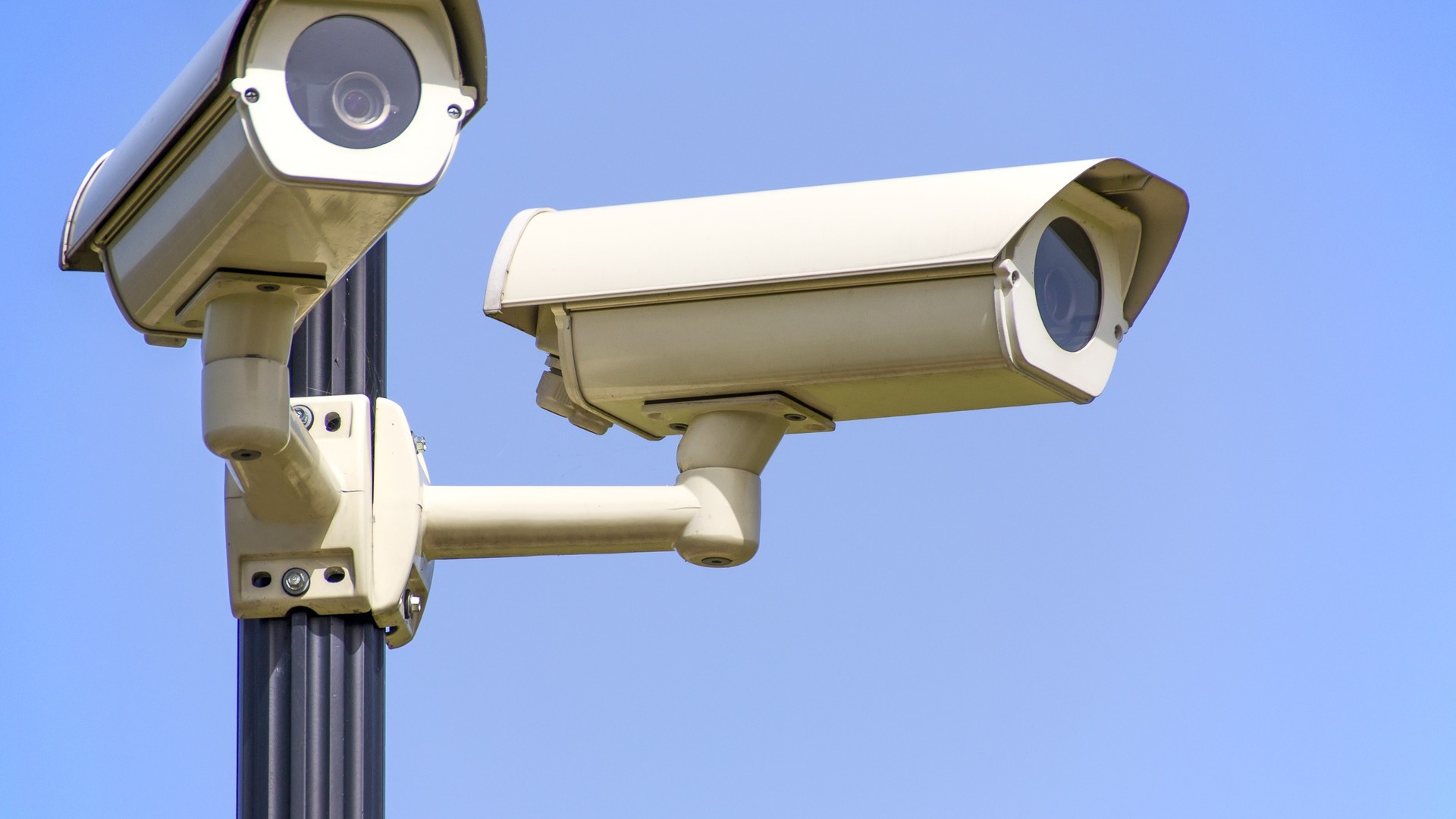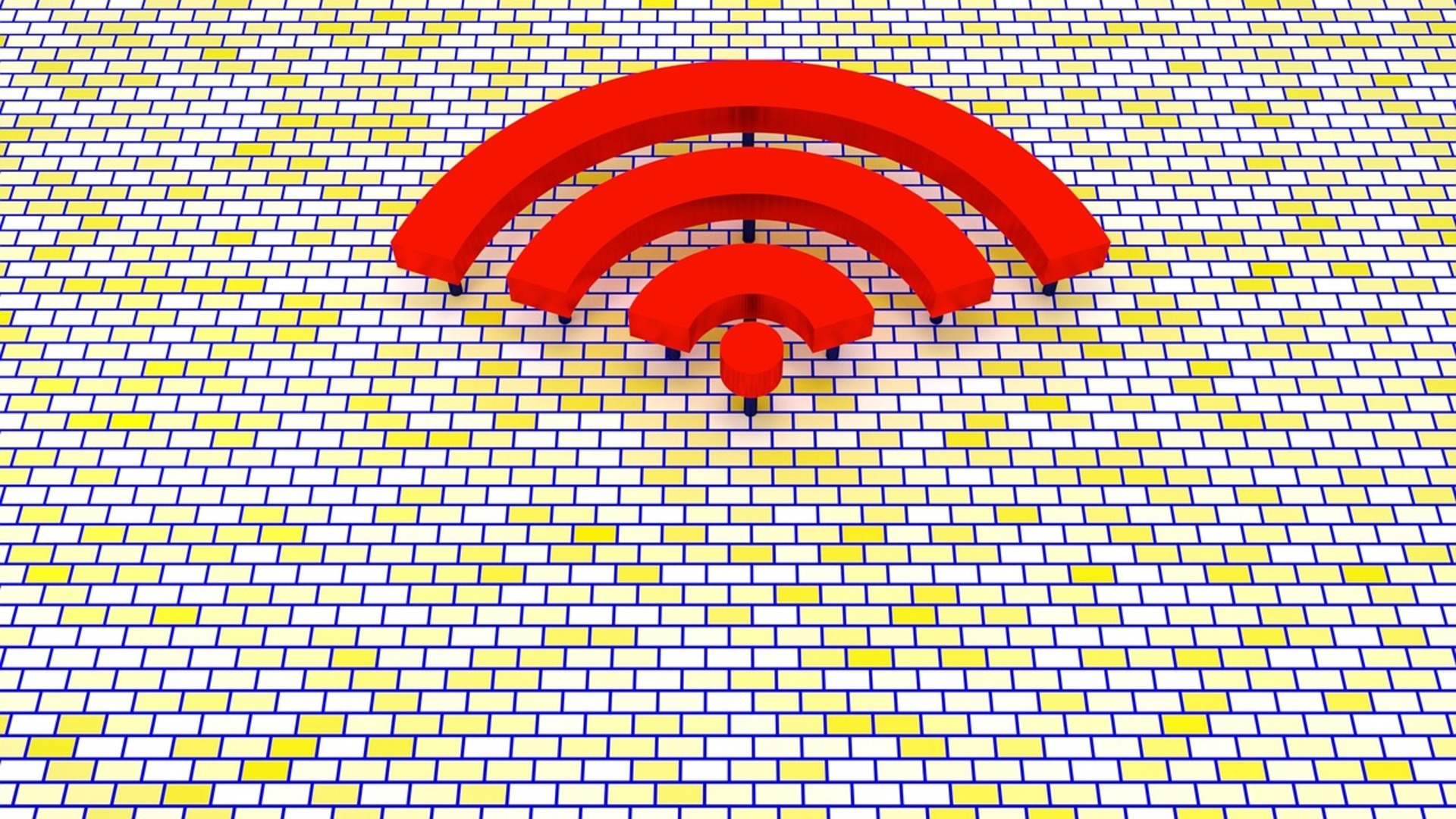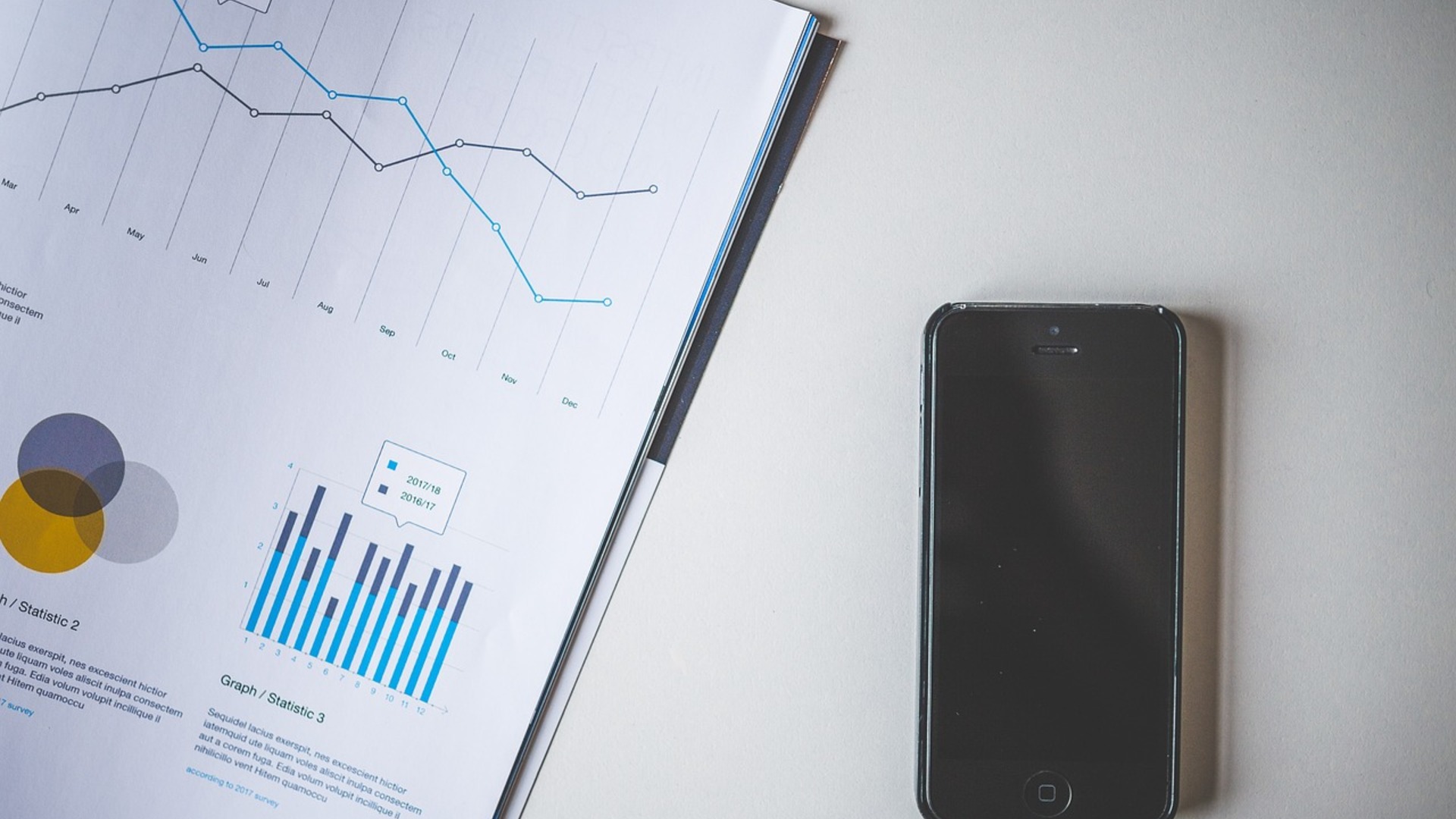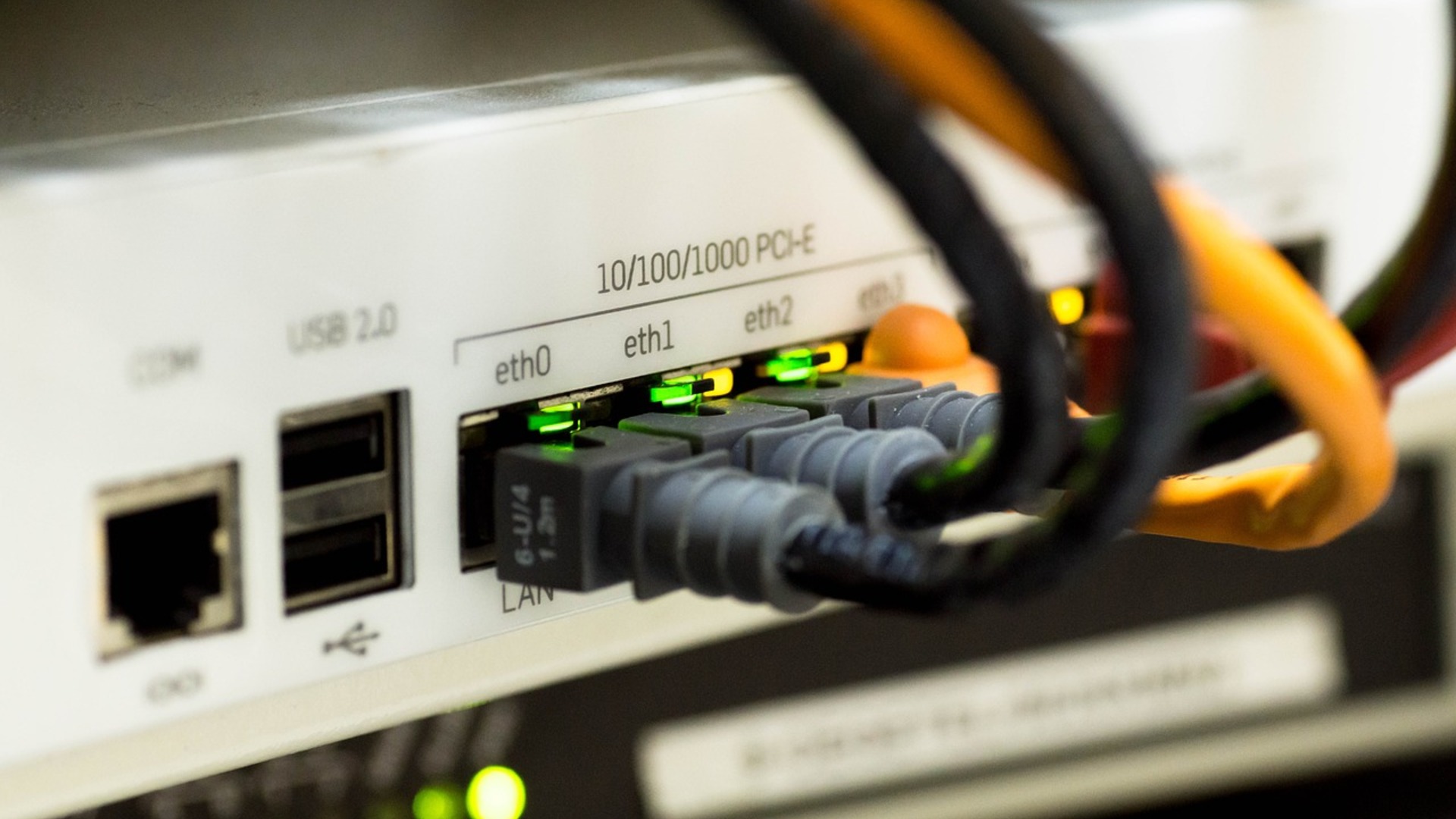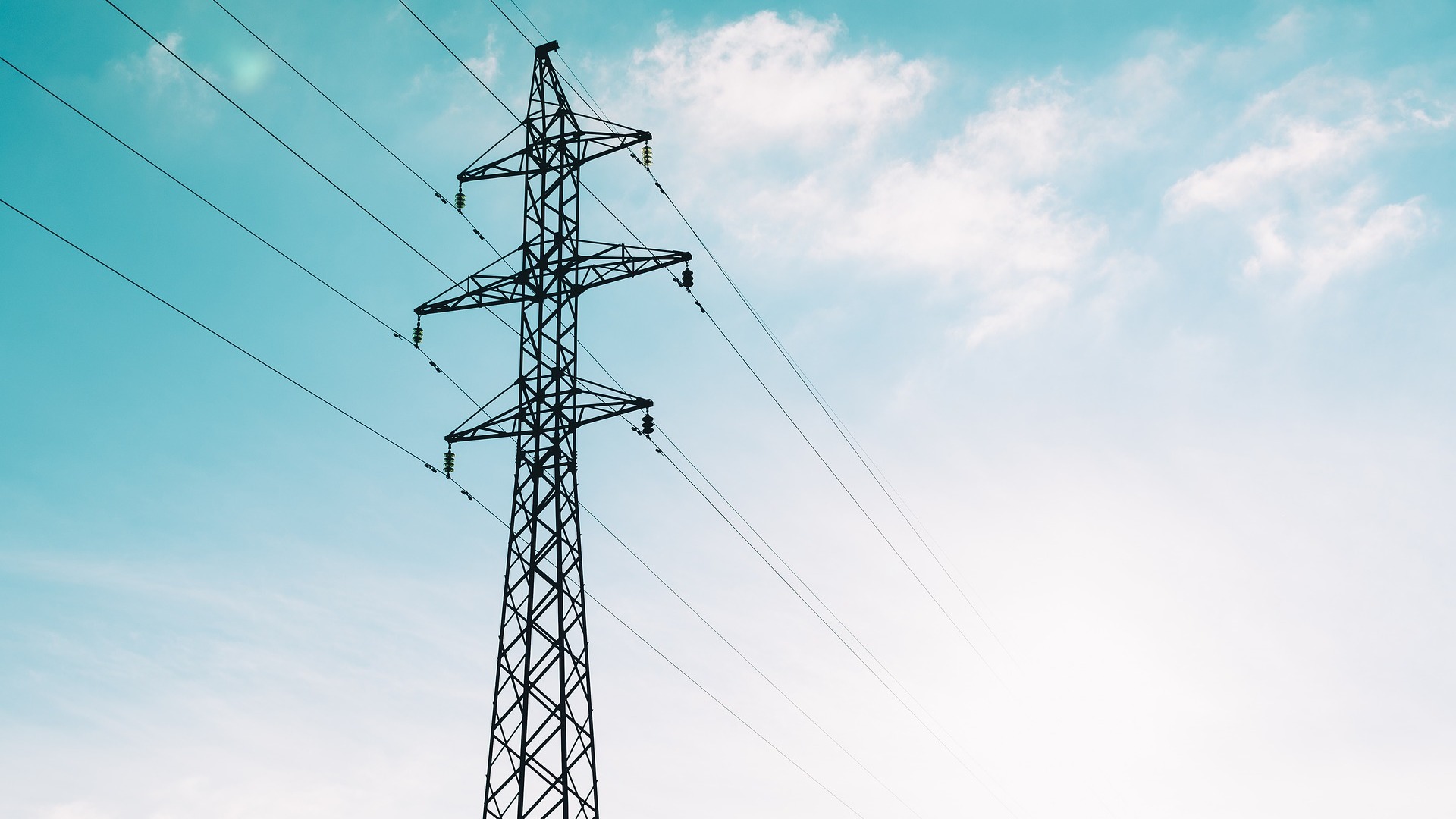Online Surveillance Briefing
Along with the free flow of information the Internet provides, the Internet has also been a powerful means of government and corporate surveillance. Learning a lot about someone is not a difficult task online even based only off of public information, which some websites even compile and sell access to. People such as Richard Stallman have been vocal about governments keeping closer tabs on their citizens via the Internet and through other means. For a long time, the theories of people like Stallman seemed plausible but unlikely and were pushed aside as nothing more than conspiracy theories. It wasn’t until the Snowden leaks that those ideas were proven to have some validity. It turns out that even the worst of Stallman’s suggestions about surveillance are true and that many government agencies use...
